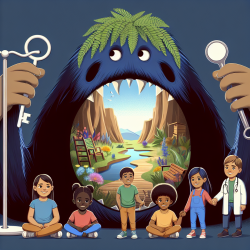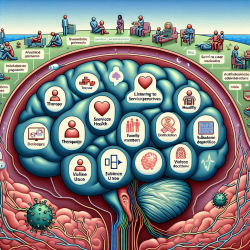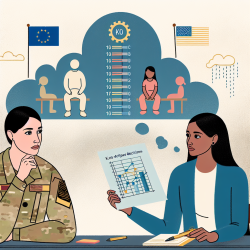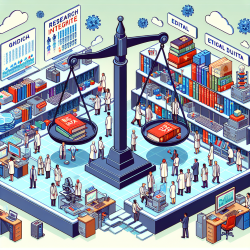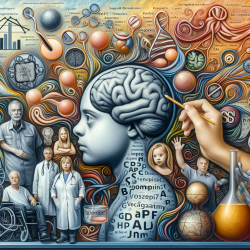It's no secret that mental health is a crucial part of overall well-being, especially for children. Yet, nearly 1 in 5 U.S. children are diagnosed with a mental disorder, and only 20% of those receive care from a specialized provider. At TinyEYE, we understand the barriers families face in accessing mental health care for their children, and we're here to help bridge that gap.
Barriers to Pediatric Mental Health Specialty Care
Many factors contribute to the difficulty in accessing mental health care for children, including:
- Parental reluctance to seek professional help
- High costs
- Insufficient number of mental health providers
- Lack of access to specialized providers
- Long waiting lists
- Inadequate insurance coverage
The Role of Pediatric Primary Care
Most children—9 in 10—receive regular medical care from a primary care provider. However, only 1 in 3 pediatricians feel they have adequate training to diagnose and treat children with mental disorders. This is where specialized care providers come into play, including:
- Child and Adolescent Psychiatrists
- Child Psychologists
- Behavioral Therapists
Improving Access through Behavioral Health Integration (BHI)
Behavioral Health Integration (BHI) is an innovative approach that helps primary care providers incorporate mental and behavioral health screening, treatment, and specialty care into their practice. BHI fosters collaboration between primary care providers and specialized mental health care providers, resulting in:
- Better outcomes for children and youth
- More efficient and coordinated care
- Higher treatment rates
- Reduced parental stress
- Improved consumer satisfaction
How BHI Works
BHI can take various forms, but it always involves collaboration. Here are some ways it can be implemented:
- Phone consultation: The primary care provider can receive consultation by phone about a diagnosis and treatment plan from a mental health care provider.
- Practicing together: A mental health care provider practices on-site at the primary care practice, responsible for screening, referrals, and possibly providing therapy. This is often referred to as co-location.
- Improving referrals and communication: A care coordinator manages referrals to mental health care providers and necessary social services, maintaining communication between the primary care practice and mental health care providers.
At TinyEYE, we believe in the power of Behavioral Health Integration to improve access to mental health care for children. By working together, we can ensure that every child gets the care they need to thrive.
For more information, please follow this link.
